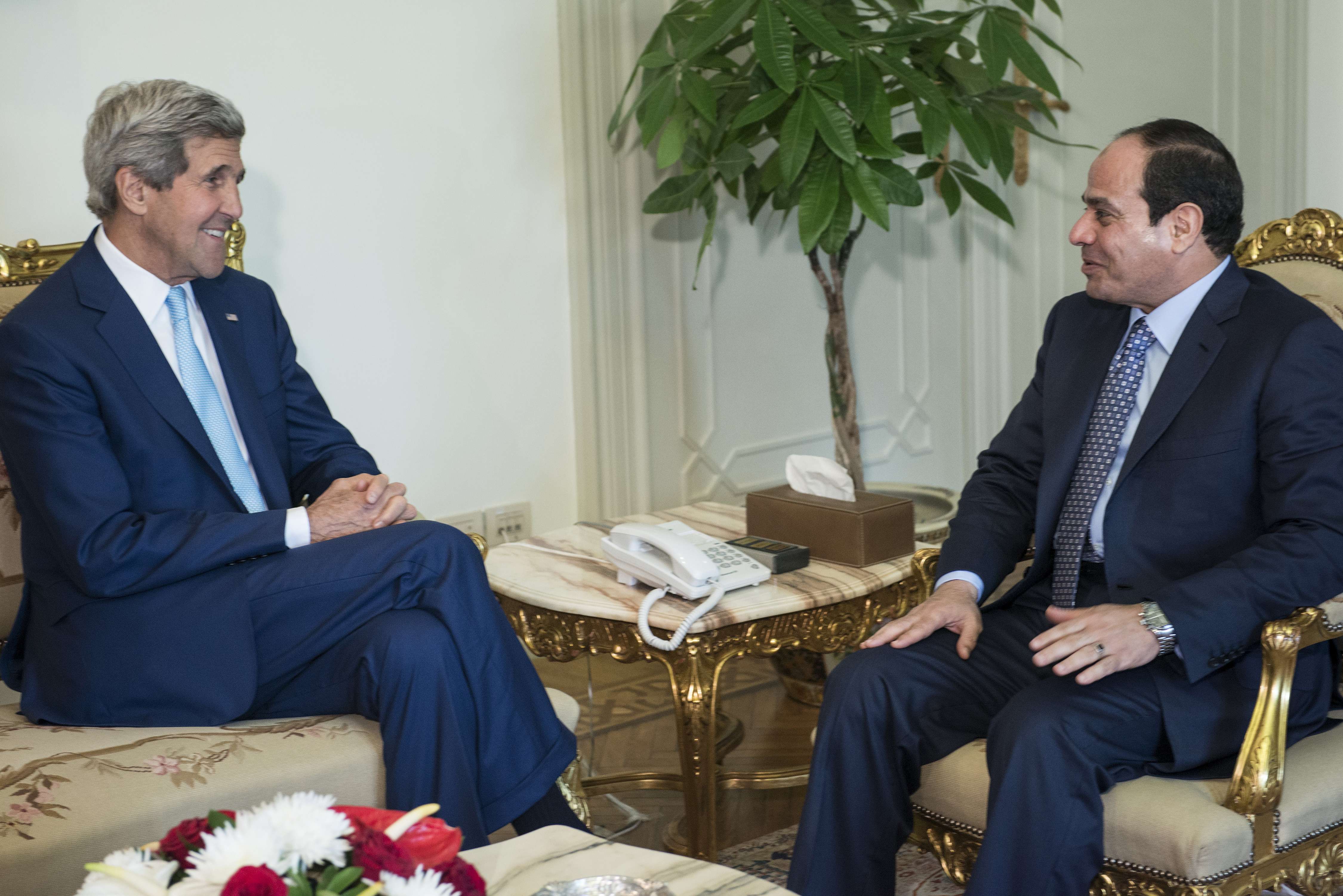
It is no secret that the current political events in Egypt are dealing the Muslim Brotherhood perhaps the biggest blow in their 85 year history. I would dare say that this is much more severe than the assassination of Hassan Al-Banna or the execution of Sayyid Qutb.
The organisation, which has historically endured oppression from ruling regimes, is now finding itself in an all-too-familiar place; it is stripped of power, it has effectively alienated large segments of the population, it is demonised by the media and is slowly turning into a pariah.
Despite the rhetoric, the adrenaline, the campouts and the marches, it is clear that the Brotherhood is losing the fight to “bring back President Morsi.” The question is no longer will he ever return as president. The real question is: What now becomes of the Brotherhood?
In the immediate term, the current struggle serves an important purpose of keeping the group united in the face of the current dire circumstances. As Middle East Expert Khalil al-Anani noted: “The Brotherhood don’t have a clear mind to think about the future, they are simply attempting to maintain solidarity.” Venting their anger and betrayal is more beneficial to the Brotherhood at this stage than is asking tough questions like: why are we here and who is at fault? This blame game could certainly eat away the cohesiveness of the group. It is the tribulation and suffering which will act as the defense mechanism that will protect the group from shattering. So while the return of Morsi might be the flag that unites everyone, the demand is more mystical and symbolic than sensible at this stage.
In the medium term, the Brotherhood will need to make a choice whether to participate in mainstream politics again and stand for the upcoming parliamentary elections. If I was to take a guess, they will not – at least openly – participate in the elections. While lending support to some surrogates, they may opt to go back and reconsolidate their popular base which has certainly decayed over the past few months. There is a lot of deferred maintenance to do and a lot more damage control that needs to be accomplished.
Over the long term, we should expect the Brotherhood to make a comeback. The organisation has had a remarkable history of thriving in the face of pressure and confrontation. In fact, the “Erbakan to Erdogan” scenario might be very probable in the long term. The organisation would have had time to reflect on the many missteps it has taken. A new breed of leadership and public figures will need to emerge to shepherd the organisation through the next phase of its existence. Perhaps a consideration will need to be given to how exclusive the Brotherhood should remain; a feat which has been an ingredient of their success but also one that ultimately led to their failure. Of course, the timing of this longer term scenario will heavily depend on how successful political opponents are at bringing out a true alternative. One must not forget that the political victories mustered by the Islamists have always been made possible in the absence of an eligible alternative.
The game is far from over for the Brotherhood. We should not expect an organisation of this magnitude and especially one that is based on faith and creed to roll over and die. This is not merely a defunct political party, but a deep rooted social movement with a large cult following. Yes, they have had their moment in the spotlight and failed miserably, but that will not deter them from carrying on in their quest. Indeed the tide is too high for the organisation at this stage, but it will be wishful thinking to count the Brotherhood as dead.




